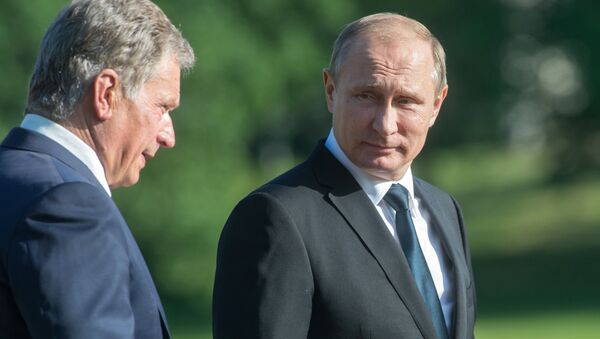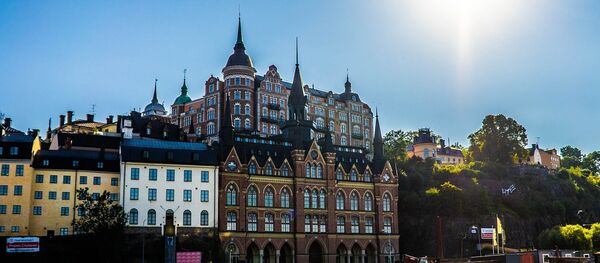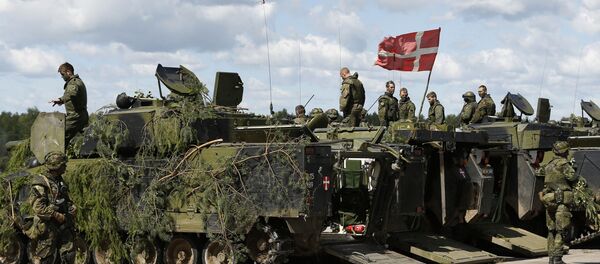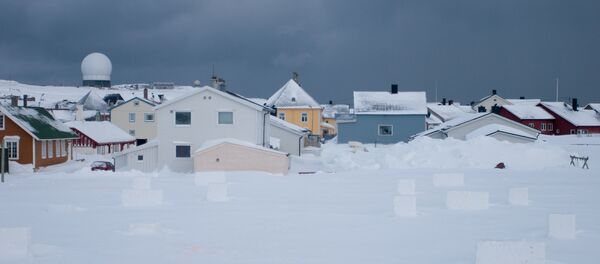"I find the idea far-fetched. I can't imagine why Russia would show that kind of interest, frankly. We also have a good stock of common sense in our population that would work to foil something like that," Sauli Niinistö told Finnish national broadcaster Yle, once again refusing to say whether he will be running for re-election.
According to Niinistö, the main problem in the Baltic Sea region is the global security situation, which naturally reflects itself on many regions. Niinistö stressed that the danger does not arise from the Baltic Sea region itself, but rather reflects the overall increase of tensions.
Sauli Niinistö also stressed the importance of maintaining a working relation with Russia and voiced plans to meet his Russian counterpart President Vladimir Putin twice over the course of the year. One of the meetings is to take place in Finland, the other in Russia. By Niinistö's admission, Putin's visit is likely to happen in the summer.
"At the moment, I do not see any immediate threat to Finland's election from Russia or any other external power, but the situation can change quickly," Jarno Limnell told Finnish daily Hufvudstadsbladet.
Limnell also called for some restraint in the Finnish security debate, which may increase fellow Finns' anxiety using false alarms.
"In general, I would call for some moderation in the security debate in Finland to avoid creating an unnecessary atmosphere of insecurity," Limnell told Hufvudstadsbladet.
Center Party MP Sirkka-Liisa Anttila believed that the Russia's alleged meddling attempts are exaggerated.
"We have good relations and an acceptable level of trust with Russia. Given that, there is no reasonable need for any interference," Sirkka-Liisa Anttila said, as quoted by Finnish daily Helsingin Sanomat.
"Another question is what Russia's best way to promote its own interests in this a particular situation: Is it interfering in Finland's presidential election?" Katri Pynnöniemi asked rhetorically.





